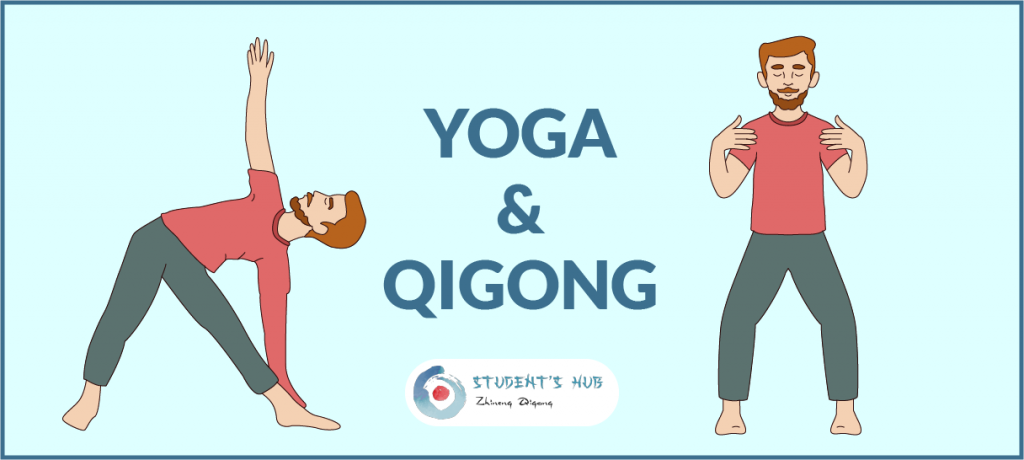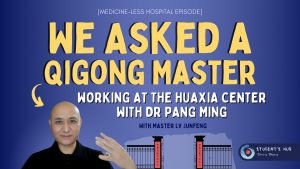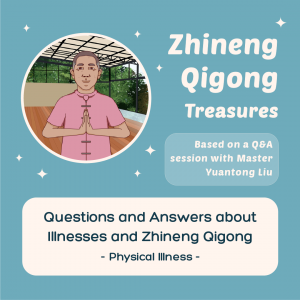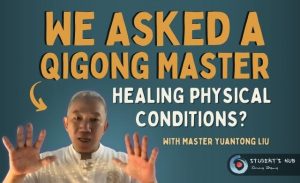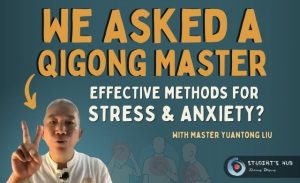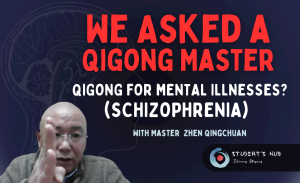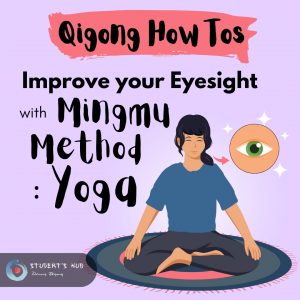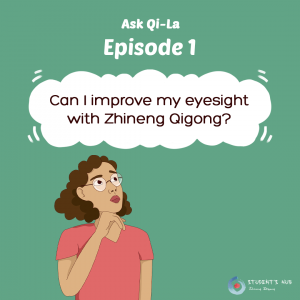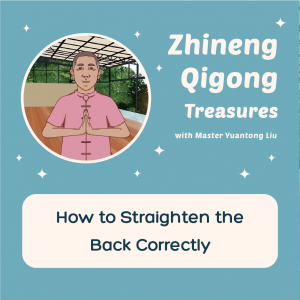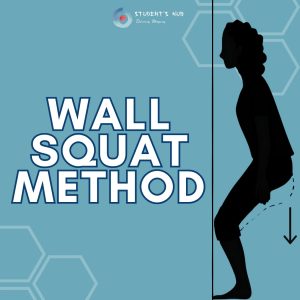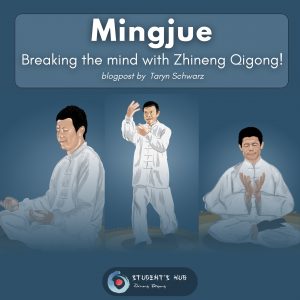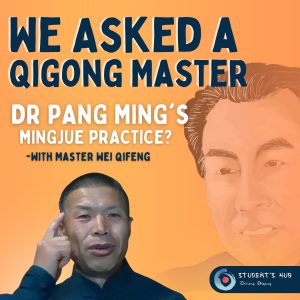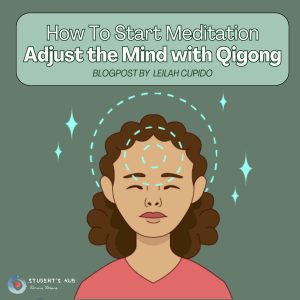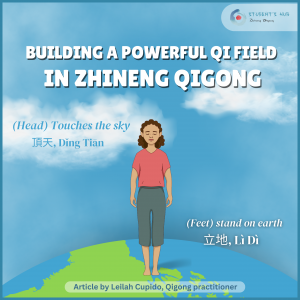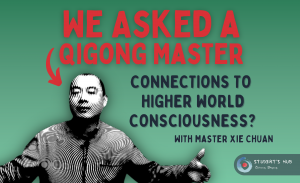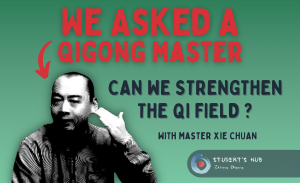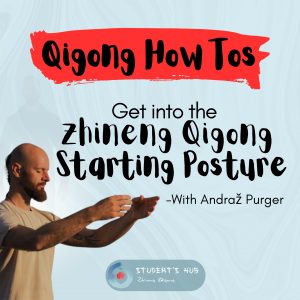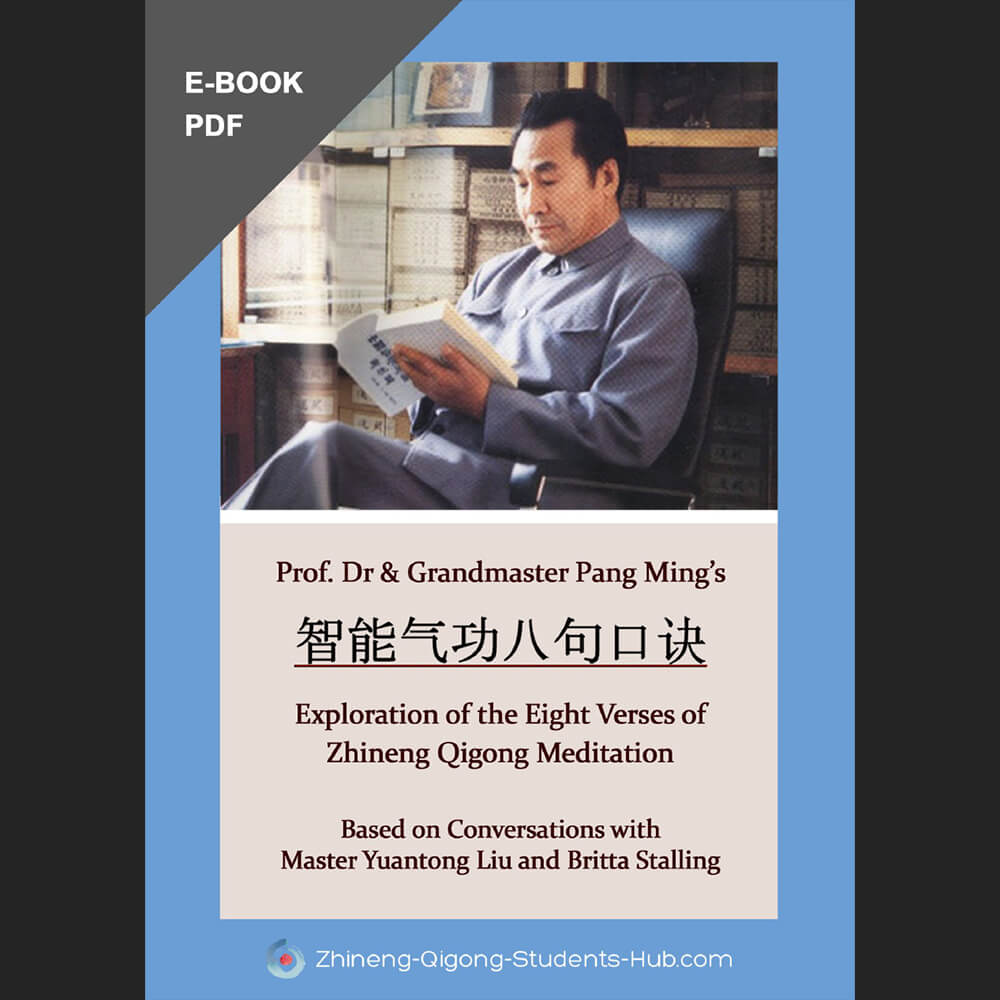Qigong and Mental Health, Qigong Science
Amazing Added Benefits of Yoga and Qigong
Article by Elena Bartke, Yoga and Qigong practitioner
Can practicing both Yoga and Qigong have added benefits?
Yoga and Qigong, both great for vitality and well-being, and the big question, can practicing both have added benefits? Yoga has already been introduced to the Western culture in the 19th Century, whereas, Qigong only slowly started spreading in the late 20th Century. Naturally, Yoga is a lot more popular. However, Qigong is slowly gaining popularity in the West as well. Especially, since the word about the first medicine-less hospital (huxia centre zhineng qigong) in China, started to spread . Zhineng Qigong founded by Prof. Dr. Pang Ming, consists of effective, easy to learn methods and tools to activate self-healing abilities. This results in regaining holistic health, preventing illness, igniting inner wisdom and enhancing one’s life qualities by reaching one’s full potential.
Both, Yoga and Qigong, have their origin in the East. Yoga is rooted in Indian culture while Qigong is rooted in Chinese culture. Both practices have an innate potential and wisdom to self-heal and improve the quality of our life. Yoga and Qigong recognizes the person’s potential is recognized. This allows them to change their own health, on a mental, emotional and physical level.

What does Yoga and Qigong mean?
Let’s explore what the terminology of Yoga and Qigong mean. The meaning of yoga is union. That is union of body, mind and soul, and to create a connection between the individual consciousness and universal consciousness. Health, harmony and liberation of any suffering is the main objective during practice. Coming to Qigong, a simple translation of the term is cultivating one’s own Qi. All while uniting, transforming and balancing it with nature’s and the universal Qi. In Zhineng Qigong, Qi – or the life force energy – refers to where it’s coming from (from one’s own life and nature). This can be transformed on an information, energy and physical matter substance level.
You often hear the phrase “Hun Yuan Ling Tong”. This means that your own intention merges and works with the Hunyuan state of the universe. This united, integrated, transformed into one entity state, can make miraculous-seeming things happen. Thus, merging our energy with the universal energy to achieve health and a peaceful state of mind is a strong connection between Yoga and Qigong. Both practices have physical, mental, emotional and energetic dimensions.
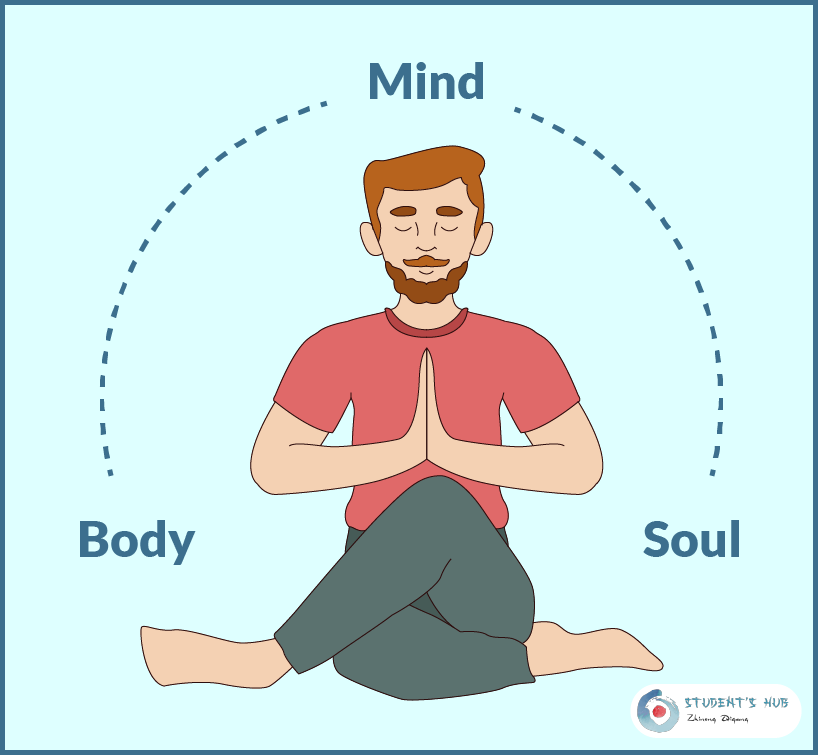
Is it beneficial to practice Yoga AND Qigong?
Benefits of Yoga
Yoga has many different dimensions as it is a holistic system. It is used for achieving general well-being and living a life with purpose. Most commonly in the West, when coming to a yoga class you work on your flexibility, strength and posture. In addition, you work with your breath and meditation techniques to immerse yourself into the practice. Among other things, you can use yoga for improving physical fitness, stress release, active aging, and keeping the body and mind healthy and balanced. The majority of practitioners in the West only practice the ”Asana”. That is the physical exercise part of yoga – or yoga as a sport to gain strength and flexibility. However, it goes far beyond the physical exercise. Connecting the body and mind, and inviting a higher purpose into your life.
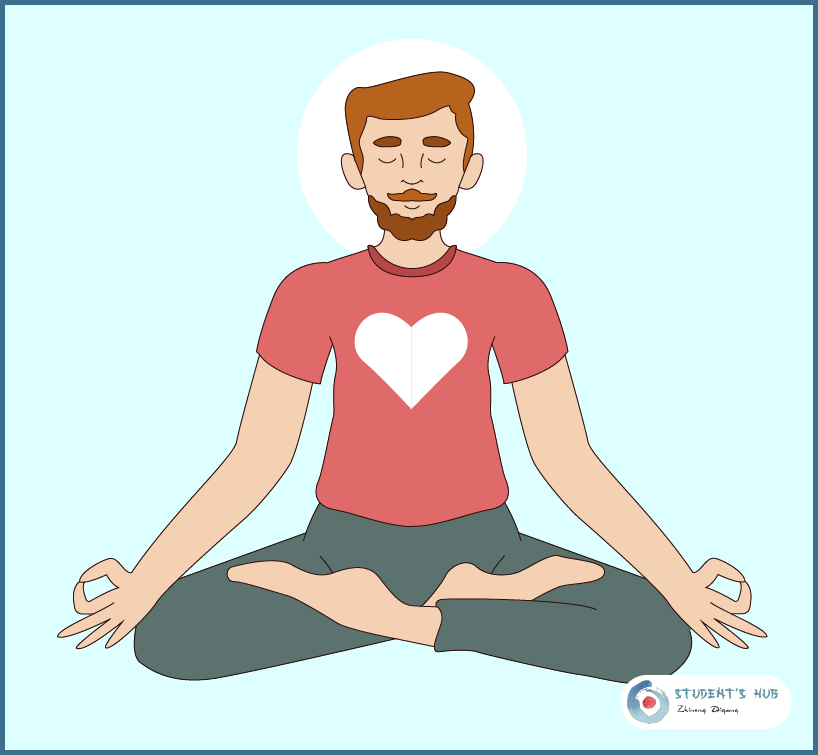
Benefits of Qigong
In Zhineng Qigong, you use your consciousness inwardly to restore, strengthen and improve vital functions of the body. The main focus is to create Qi (life energy) pathways for exchanging the universal Qi with the body Qi. All the while enhancing the quality and quantity of Qi within your body. Most people starting with Qigong for holistic health concerns and illnesses. The gentle, soft and meditative movements invite practitioner to relax. From a state of relaxation, you increase inner peace, joy and awareness. You ignite the ability of regaining health and well-being, keeping it and allowing one’s true self-awareness to guide one’s life from deep within. Long-term practitioners notice very fast, how Qigong has not only a positive impact on their health, but on all areas of their life.
Pursuing one’s life purpose, being more mindful and aware of one’s needs and the needs of others often ignites the bigger “public heart” and the wish to be in service. If one’s own life is in harmony, uplifted, balanced and powerful, empowering others to manifest what is important for them, is a logical consequence. Another aspect is, that literally everyone can do the Qigong practice, no matter which age or health status. One can e.g. practice sitting down and using one’s consciousness to ignite the Qi flow and one’s intentions to manifest.
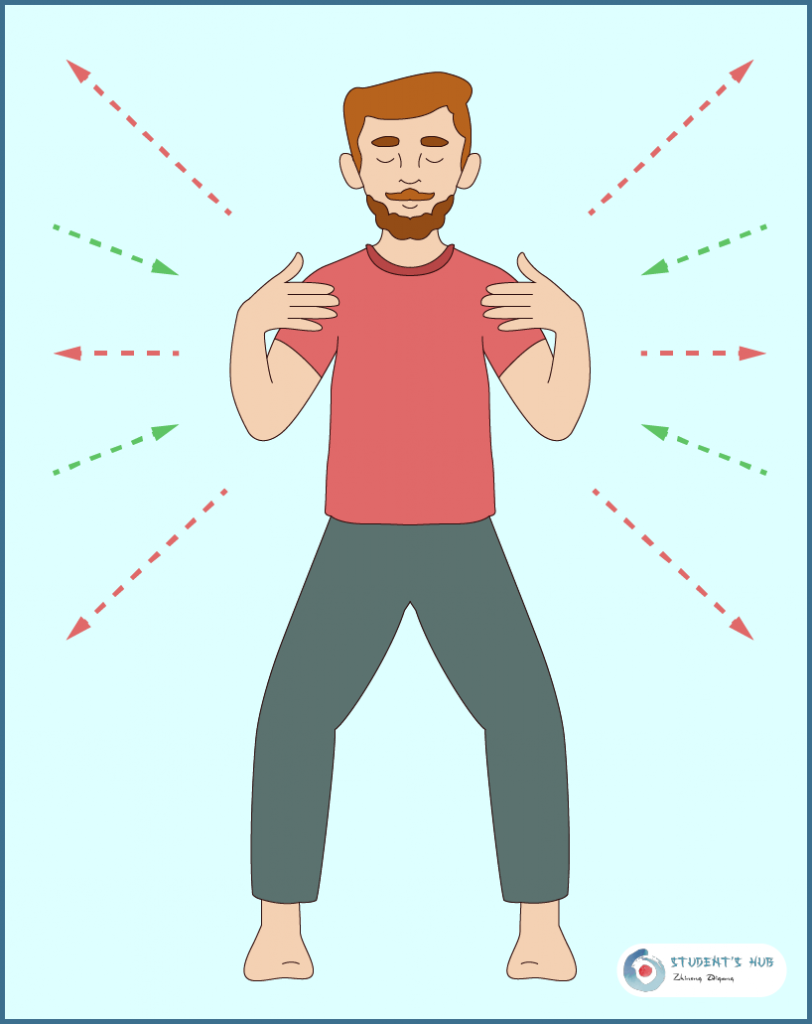
The main benefits of Yoga and Qigong combined
Summing up the main benefits, Yoga, as most commonly practiced in the West, will keep you active, flexible and teaches you to move consciously, aligning your body and mind. It also increases concentration and focused attention through meditative practice and breath work. Qigong is a targeted approach for holistic health concerns and you learn many tools to apply in your daily life, enhancing your life quality and supporting you to live the life you love. You will develop Qi strength over time which is completely different to physical strength, preparing you to cope better with any challenge in your life.
Qigong is a great foundation for yoga practitioners due to increased awareness of the flow of energy and experience in entering a deeply relaxed, meditative state. Movements become more effortlessly in a relaxed, peaceful and mindful state and one is more open to experience the holistic benefits of yoga, opening up another, energetic dimension of living a happy and purposeful life. In addition, there is a better understanding of harmonizing the body and mind by being aware of the flow of energy.
Reciprocally, aligning body and mind and entering a meditative state is fundamental to Yoga practice, as already mentioned. Thus, Yoga is also a wonderful foundation for a Qigong practitioner and will make it easier to guide the consciousness during meditation, benefiting one’s self-healing intentions. In addition, Yoga practice helps to keep the physical body healthy. So you can be more relaxed during Qigong practice, not worrying about your restricted mobility or feeling tension in your body which allows for a deeply relaxed state, also during exercises including movements.
Conclusion
Concluding, practicing Yoga and Qigong can bring added benefits into your life. You are better prepared to use your innate potential to heal and allow the Qi to move freely. Also, you are more open to fully harmonize body and mind for establishing a strong connection between yourself and the higher self or universal energy – inviting serenity, happiness, fulfilment, inspiration and holistic health – on a mental, emotional and physical level – into your life.
Sources:
- Yoga Teacher Training Course 200 hours, Karolina Krawczyk-Sharma & Trimurti Yoga
- Overview of Zhineng Qigong Science, Prof. Dr. Pang Ming, translated by Zhang Yuhonh and Liu Zhijun
- Personal experiences from Justin Miccoli, Britta Stalling & Elena Bartke

